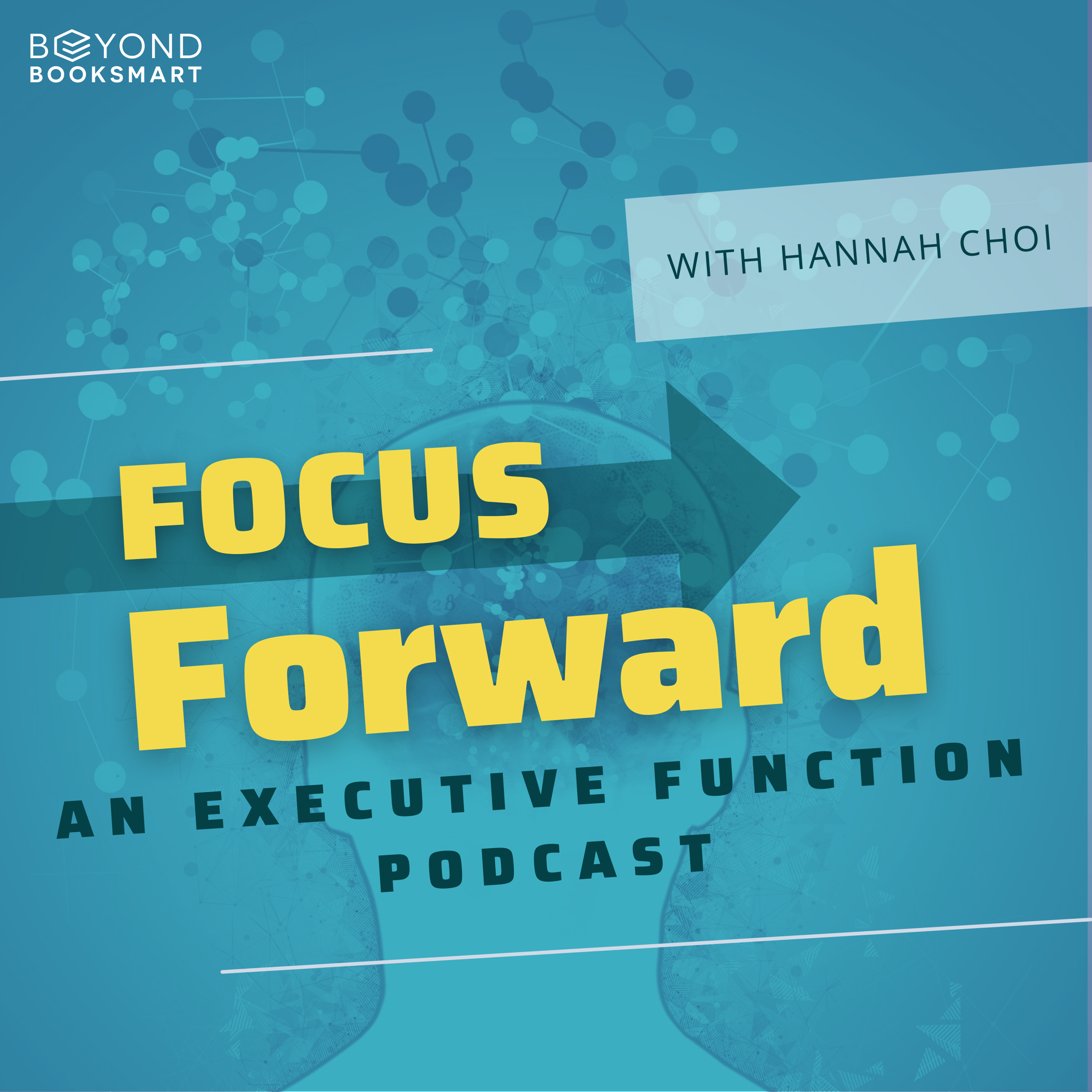

Focus Forward: An Executive Function Podcast
Beyond BookSmart
Focus Forward is a comprehensive guide to improving Executive Functions - the mental skills like time-management, task-initiation, organization, and emotional regulation that allow us to be successful. Whether you're a parent looking to better support your child, or are simply looking to improve your own Executive Function (EF) skills, this podcast is for you. We'll be having guests of all kinds on, including parents who've had success in improving their child's EF challenges, adults who have navigated executive dysfunction, and experts who specialize in treating these types of issues.
Focus Forward is an Executive Function Podcast sponsored by Beyond BookSmart.
Focus Forward is an Executive Function Podcast sponsored by Beyond BookSmart.


